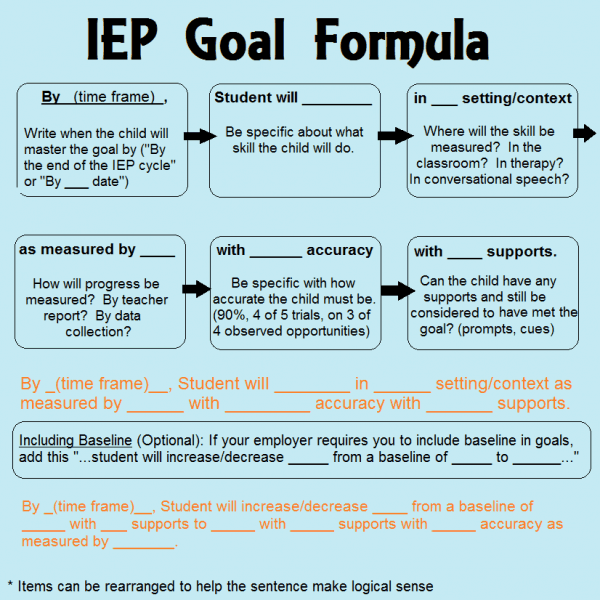My IEP is Not Working (what to do next)
How do I know if the IEP is working?
Your child getting an IEP is not the final step in your IEP journey. It is only the start. It is essential for parents to stay engaged all year round.
Now that the supports and services have been put in place, how can you keep your involvement? Moving forward, what role will you play in the process to help ensure the IEP will be effective?

What happens in your child’s ongoing IEP? How can you make everything easy to manage?
Ensuring the Child’s IEP Is Working
It takes some time and effort to work with the school in making sure that the IEP implementation is smooth and under control. However, it will all be worth it.
The more you can get involved and educate yourself, the better. You must make sure that your child gets all the services and supports he needs. As a parent, we must remain vigilant to make sure that the IEP is being followed.
Sometimes, you may notice stalled progress or slipping grades in some areas. When this happens, have a meeting with the IEP team and discuss your concerns. You should always be gathering data and documentation on your child’s school progress and participation.

Always be in touch with your child’s teachers to keep abreast of the IEP. You can get information on how your child is doing in the classroom. Make sure that your child is engaged in the IEP development, and that it is being properly used. (to the maximum extent possible, this will vary among students)
Your child’s progress will be measured through the outlined goals in the IEP. Being aware of what they are will help you monitor your child’s improvement. The team will review and adjust goals every year to meet the child’s changing needs.
Determining “SMART” IEP Goals
You may also be wondering how the IEP will work. For example, does it include extracurricular activities? Will identifying the child’s incapacities result in better support and services?
Or in summer, how can you reinforce the IEP goals?

A lot of work is involved in monitoring your child’s IEP. First, there’s the plan, as well as other documents you’ll need when meeting with the team such as report cards and evaluation results.
Creating an IEP binder can help you organize all the information. It will keep everything together and relieve the stress from scrambling for something you need when you need it such as during a meeting.
Include all useful downloads in the binder. Also have an IEP binder checklist, a log of parent-school communications, and a goal tracker. (yes, these are all in my IEP toolkit!)
How to Manage IEP Disputes
At some point, you may not agree with the school regarding your kid’s IEP or certain supports.
Denying or cutting services are issues that can result in conflict. You can resolve such issues in several ways:
- Informal Negotiation – This involves working with the school directly for an agreement, such as a series of team meetings.
- Mediation – This involves getting the help of an outside professional to settle your dispute with the school.
- Due Process – This is a formal way of resolving disputes. However, it is only for disagreements that involve special education rights. It can take some time, and hiring an advocate or lawyer may be necessary. It is to be used only as a last resort.
How to Plan and Transition Out of an IEP
You may be worried about how your child will fare in the next chapter after high school. Know that there are many others like you. Indeed, it can be quite stressful for both the kids and the parents. After all, no IEPs are in place in college and the workforce.
IEPs are developed under the statute IDEA. It is only applicable until the child leaves high school. However, an IEP serves as preparation for your kid’s life after high school.
The formal IEP transition planning starts when your child turns 16 (14 in some states). Many schools begin before then.
While the process may not get rid of all your worries about the future, it will help your kid map his path based on his strengths and interests. It develops IEP goals and offers the necessary services to facilitate your child’s journey.
According to experts, your child and you will play crucial roles. Participation in the process helps your kid develop important self-advocacy skills that will remain way beyond high school. You don’t have to wait for transition planning to allow your kid to attend IEP meetings. Joining the process early will kick-start your child’s self-advocacy skills development.
Advocating For Your Child
Being a strong IEP advocate will impact your child’s IEP. This is not natural for some parents. However, you can build the necessary skills. Learn how to be effective as an advocate for your kid at school.
You might be asking–jeez! This is a LOT. How can I do all of this? This is precisely why I developed my online IEP advocacy training for parents. I can show you all my methods for data collection, reviewing records, communicating, and more.
You will never regret taking this training, I promise!



